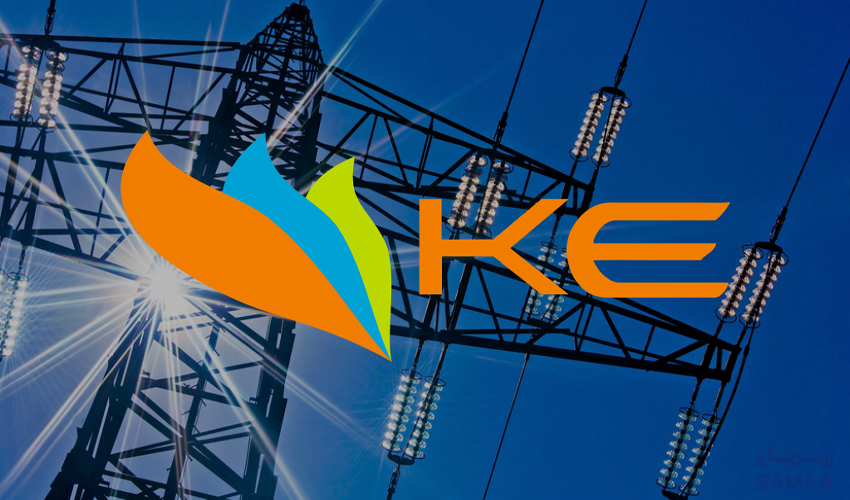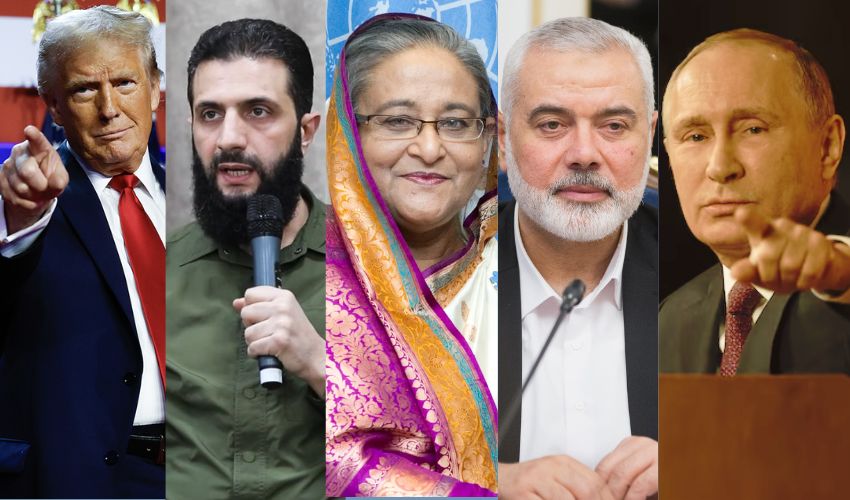The government, with the assistance of the Special Investment Facilitation Council, has finally settled a long-standing dispute with K-Electric after years of tension and legal battles.
The National Economic Committee approved the signing of four pending agreements between the government and K-Electric. These agreements, finalised three years ago but stalled due to disagreements, hold significant potential for improved power services in parts of Karachi and Balochistan.
National Economic Committee greenlit four long-pending agreements, addressing concerns lingering for three years.
— SAMAA TV (@SAMAATV) January 2, 2024
These pacts, now finalized, pave the way for improved services in #Karachi & #Balochistan, easing 18-year-old concerns of #Saudi stakeholders. #SamaaTV #KElectric pic.twitter.com/kctqY0HIRV
They also address the 18-year-old concerns of Saudi stakeholders involved in K-Electric, paving the way for smoother future operations.
The agreements cover numerous critical aspects, including:
- Power Purchase Agreement (PPAA): This agreement clarifies terms for electricity purchases by K-Electric from the government, ensuring both sides receive due payments.
- Interconnection Agreement (ICA): This agreement outlines rules for connecting K-Electric's grid with the national grid, facilitating efficient power transmission and distribution.
- Tariff Differential Subsidy (TDS) Agreement: This agreement establishes a framework for the government to subsidise electricity costs for consumers in specific areas, making power more affordable.
- Mediation Agreement: This agreement sets the stage for resolving any future disputes through negotiated settlements, avoiding protracted legal battles.
Furthermore, K-Electric has submitted a plan to the government for generating over 3000 MW of additional electricity, addressing Pakistan's growing energy needs. This commitment demonstrates K-Electric's willingness to contribute to the country's power infrastructure development.
This landmark resolution of the K-Electric dispute holds immense promise for Pakistan's energy sector. Improved power generation and distribution in Karachi and Balochistan will directly benefit millions of residents. Additionally, addressing the concerns of Saudi stakeholders fosters a more conducive environment for foreign investment in Pakistan's critical infrastructure projects.
An agreement was also reached between the two sides on the issue of payment of the actual amount of electricity cost.


























